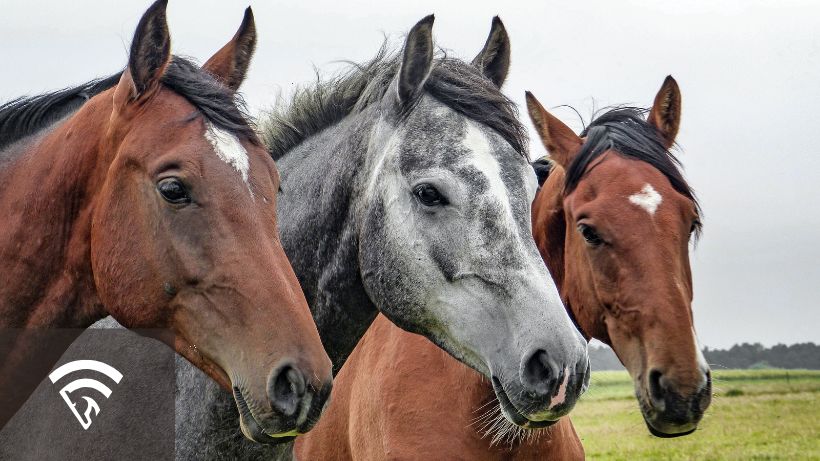What is a Bloodline in Horse Racing?
A bloodline in horse racing refers to the lineage or ancestry of a Thoroughbred, tracing both the paternal (sire) and maternal (dam) sides over multiple generations. By examining a horse’s bloodline, breeders and handicappers can gain insight into inherited traits such as speed, stamina, conformation, and temperament. Horses descending from esteemed bloodlines often command higher prices at auctions, reflecting the perceived value of their genetic potential.
Why is a Bloodline Important?
- Predictive Racing Ability: Bloodlines linked to successful racehorses may signal a foal’s capacity to excel on the track.
- Breeding Value: Stallions and mares with proven pedigrees often produce offspring sought after by owners aiming for a competitive edge.
- Genetic Consistency: Certain bloodlines consistently pass on desirable attributes (e.g., durability, speed), contributing to ongoing success across generations.
- Handicapping Edge: Bettors sometimes evaluate pedigrees to see if a horse’s lineage favors specific surfaces, distances, or racing conditions.
Tips for Analyzing a Horse’s Bloodline
- Review Ancestors’ Records: Investigate key stallions and mares in the pedigree to see if their racing or breeding success might carry forward.
- Focus on Proven Crosses: Some sire-and-dam lines match exceptionally well, frequently producing high-caliber foals.
- Combine Pedigree with Performance: Use speed figures, class levels, and race results to confirm a horse’s lineage aligns with actual on-track potential.
- Observe Market Trends: Horses from fashionable or historically significant bloodlines may attract premium prices—though actual success varies.
Elevate your pedigree analysis with EquinEdge’s AI-driven tools, which consolidate breeding data, performance metrics, and real-time odds to help you identify standout bloodlines and make more informed decisions in the racing world. Sign up for a trial of EquinEdge today to get started.
